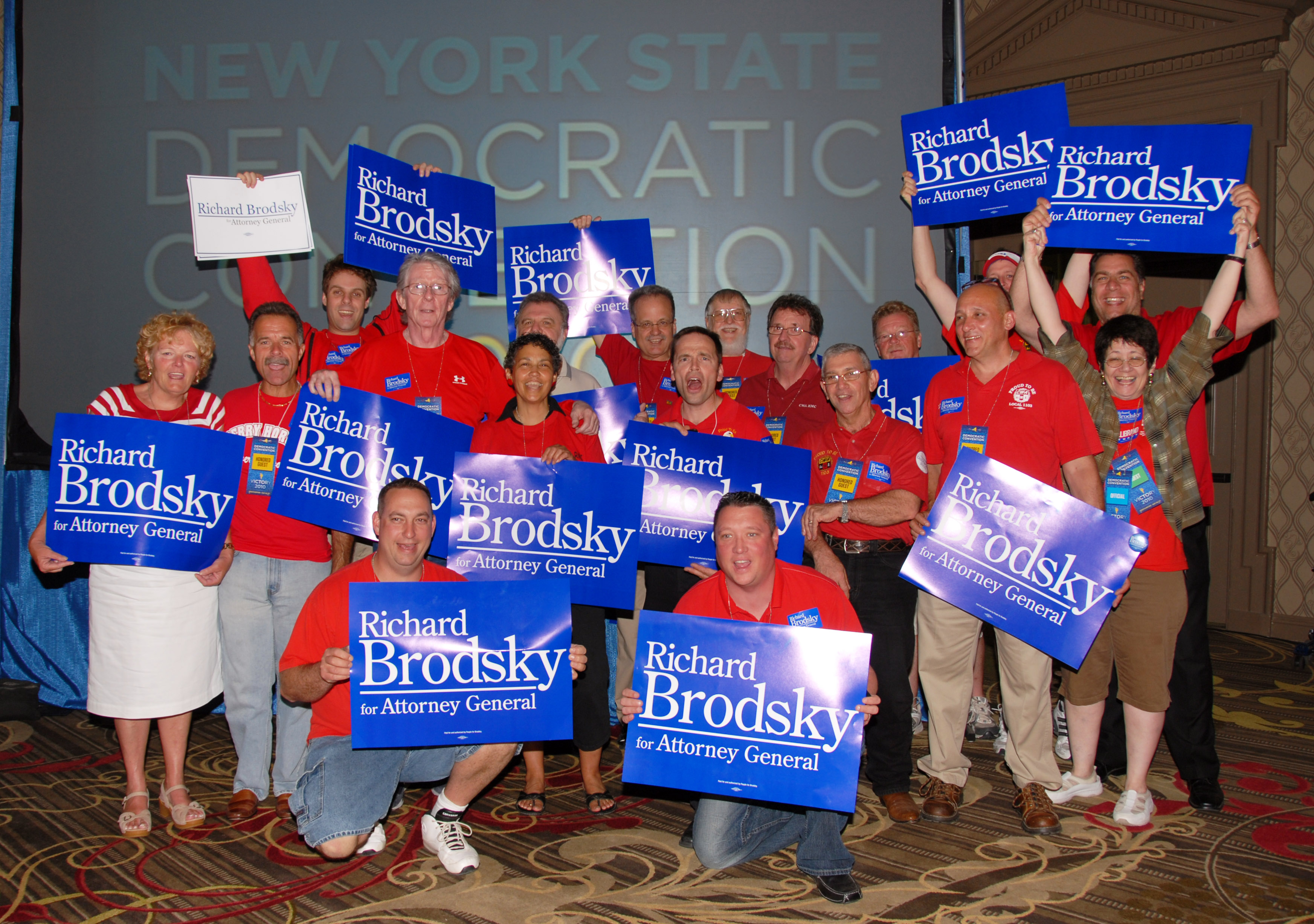By Ryan Knutson
Residents and business owners in Carbon Hill, Ala., got a surprise in letters from AT&T Inc. in February. The company said the town, where signs welcome visitors to “the city with a future,” could usher in one of the biggest technological changes since Alexander Graham Bell’s first telephone.
If regulators approve, AT&T customers would eventually have to switch to wireless or high-speed service. New customers wouldn’t be allowed to sign up for traditional, landline-based service at all. AT&T’s top executive in Alabama, Fred McCallum, wrote that the proposed changes are an “exciting opportunity for our customers and for our company.”
But Carbon Hill City Clerk Janice Pendley says some people in the former mining town are apprehensive. “Some of them like their landline, and they like it just the way it is,” she says.
For the past decade, AT&T and Verizon Communications Inc. VZ +1.30% have been burying fiber-optic cable and upgrading antennas in hopes of replacing the carriers’ century-old phone networks with technology built solely for the Internet age. Resulting improvements in Internet speed and wireless coverage have fueled soaring mobile-phone use, the surging popularity of streaming video and Internet-based calling services like Skype.
Nearly 40% of U.S. households now have no landline phone, and there are more wireless devices than people. “Revolution is all around us,” says Federal Communications Commission Chairman Thomas E. Wheeler. An all-Internet protocol network could lead to better products, lower prices and “massive benefits” for consumers, he says.



